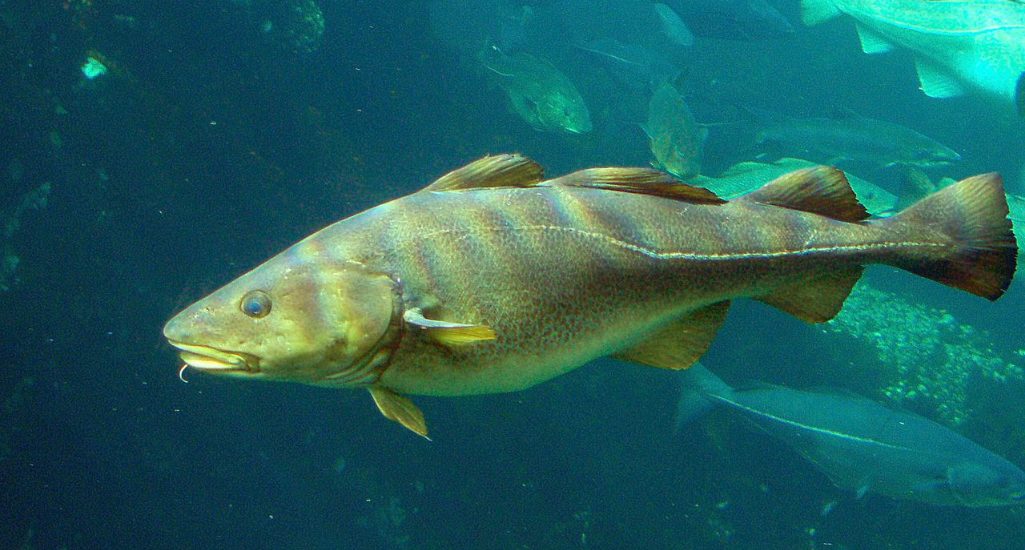KJIPUKTUK (Halifax) – Did we learn from the collapse of the cod stocks in the 1990s? A report by the office of the Auditor General of Canada on the way the federal Department of Fisheries and Oceans (DFO) looks after the shop suggests otherwise.

The report found that the federal Department of Fisheries and Oceans (DFO) is not adequately managing and monitoring fish stocks, including stocks that are considered to be severely depleted and at risk of extinction.
“In this audit we were trying to make sure that of the 154 stocks of fish that Canada has that are economically important, that none of them would have the same type of outcome as the collapse of the cod that we had in the 1990s,” Julie Gelfand, Commissioner of the Environment and Sustainable Development explains in a video on the Auditor General’s website.
“What we found is that there were 15 stocks of fish that are considered to be in a critical zone in terms of the health of the stock, 12 of these stocks do not have rebuilding plans,” Gelfand says. “So from my perspective we are still at risk of another stock potentially going into collapse in a similar to what happened to the cod.
The audit established that DFO had Integrated Fisheries Management Plans for most major fish stocks, but many were outdated or incomplete. These management plans are necessary to manage stocks sustainably.
Inconsistent data collection, vague classification schemes in terms of the health of fish stocks, and inadequate and incompatible information systems add to the problems at DFO.
“Several of the gaps and failings identified in the report can be addressed by a commitment to modernizing the Fisheries Act,” says Susanna Fuller in a press release issued by the Ecology Action Centre (EAC). Fuller is the Senior Marine Coordinator at the EAC.
“In other developed fishing nations, the fisheries legislation includes provisions for stock rebuilding and targets and timelines to guide this work. Canada’s Fisheries Act has none of this, not even references to the precautionary or ecosystem approaches to fisheries management – which have been enshrined in international law for over 20 years.”
Budget cuts and staff reductions at DFO during the Harper years no doubt contributed to the current malaise.
A report issued by Oceana Canada in June of this year, and co-authored by Fuller, reaches similar conclusions. That report found that only 24 percent of Canada’s fish stock is considered healthy, and that lack of data prevents scientists from determining the health of almost half our fish stocks.
“This lack of transparency — and therefore public scrutiny — and absence of up-to-date information creates an environment in which it is all too easy for officials to ignore scientific advice and avoid the tough decisions required to rebuild vulnerable stocks. Canadians must be able to assess how our government is doing and hold them accountable for management decisions,” the Oceana report suggests.




And we are to believe DFO science that the listed Species at Risk in the Shubie River estuary will be ok with Alton Gas dumping salt brine for 54 years into critical habitat. DFO relying on Harper science and NS and Truduea are milking this.